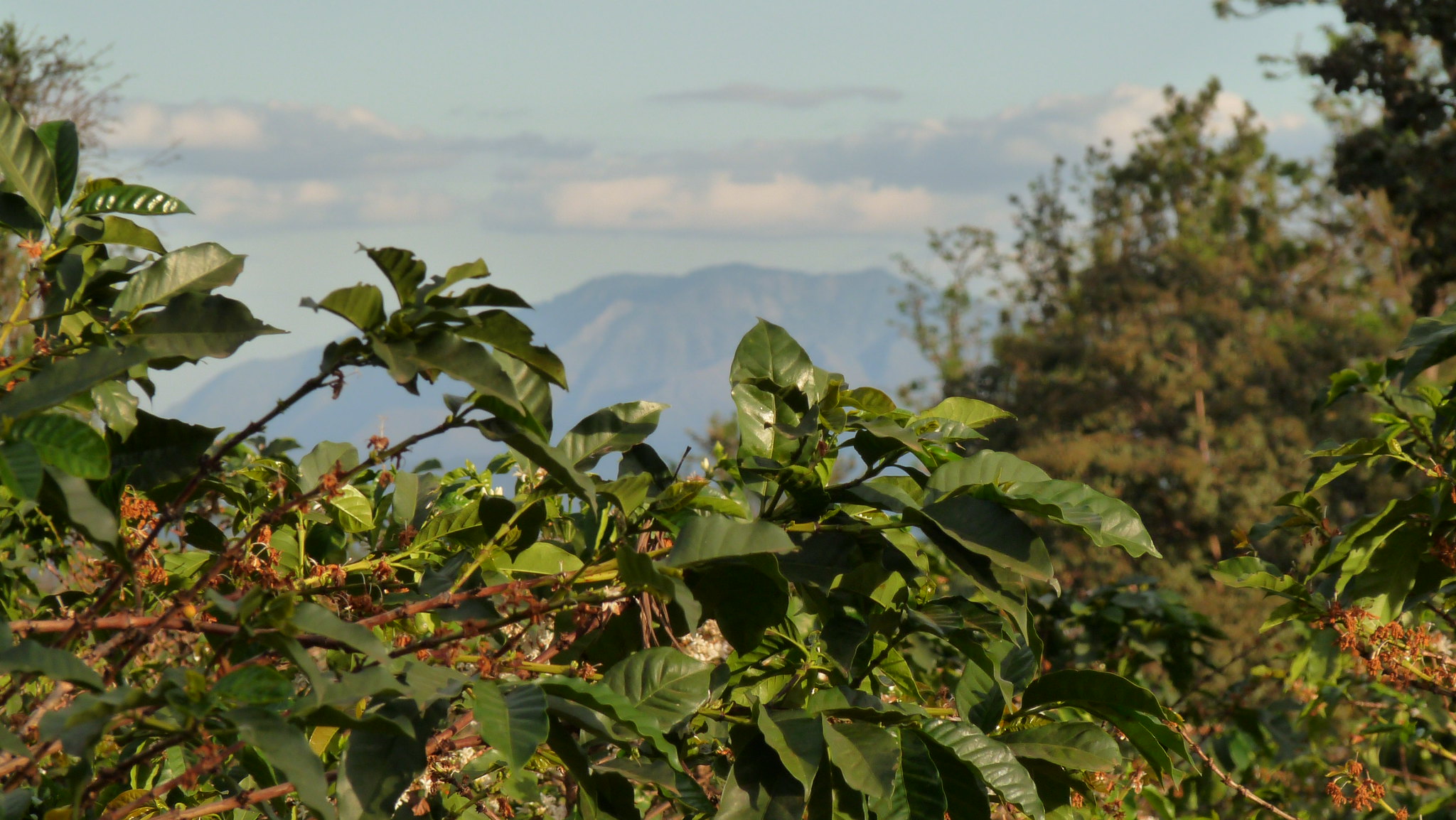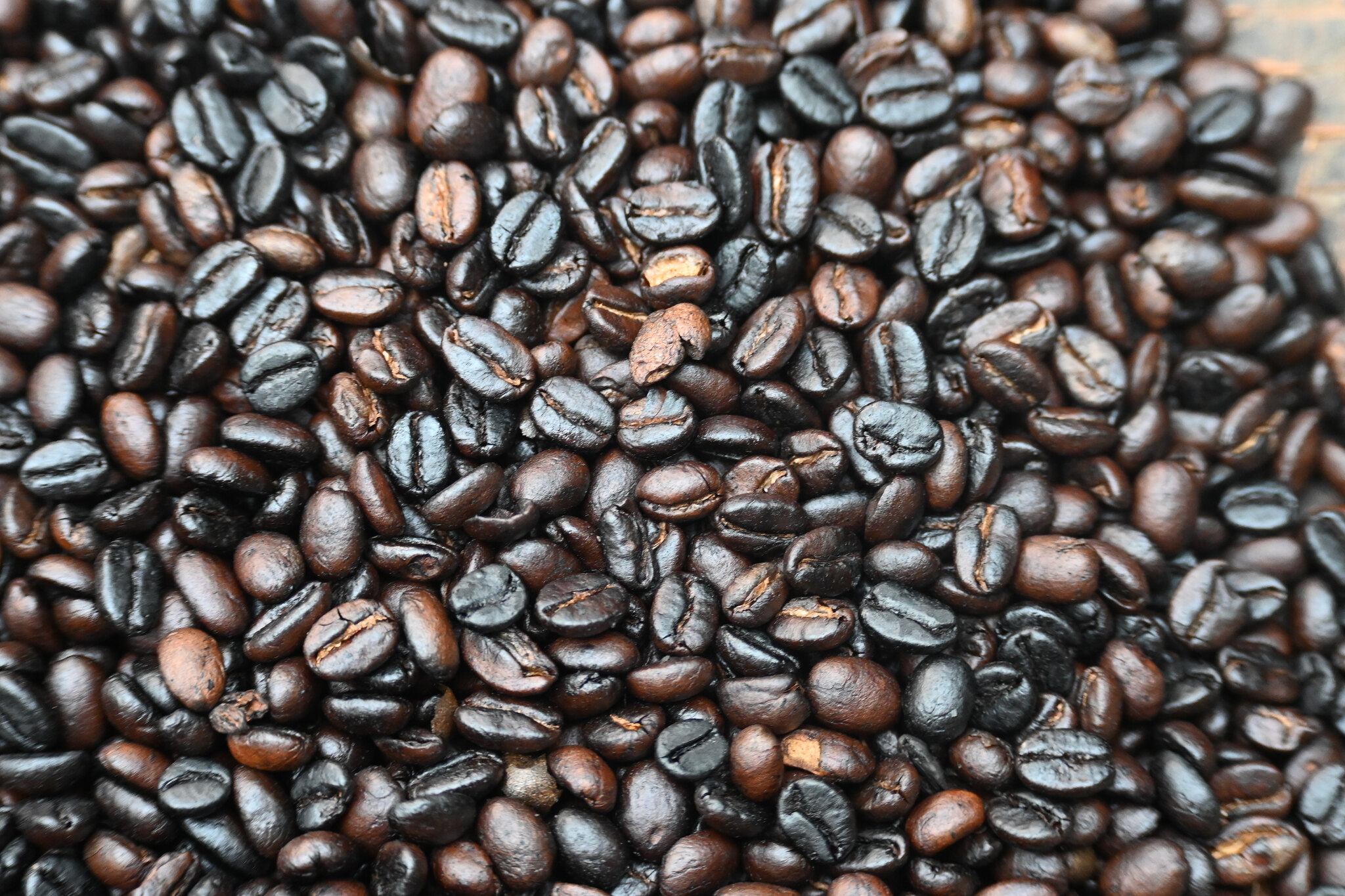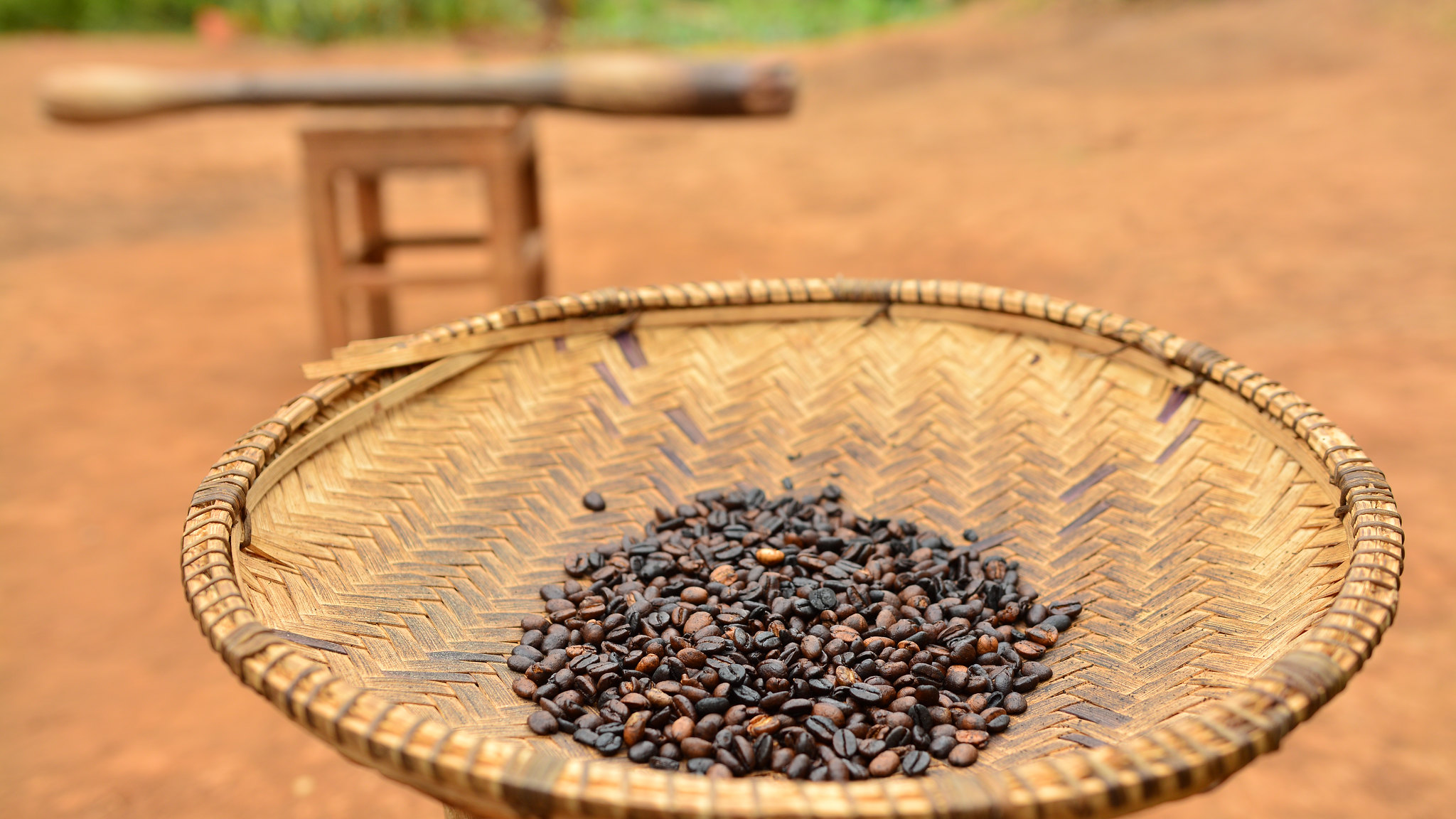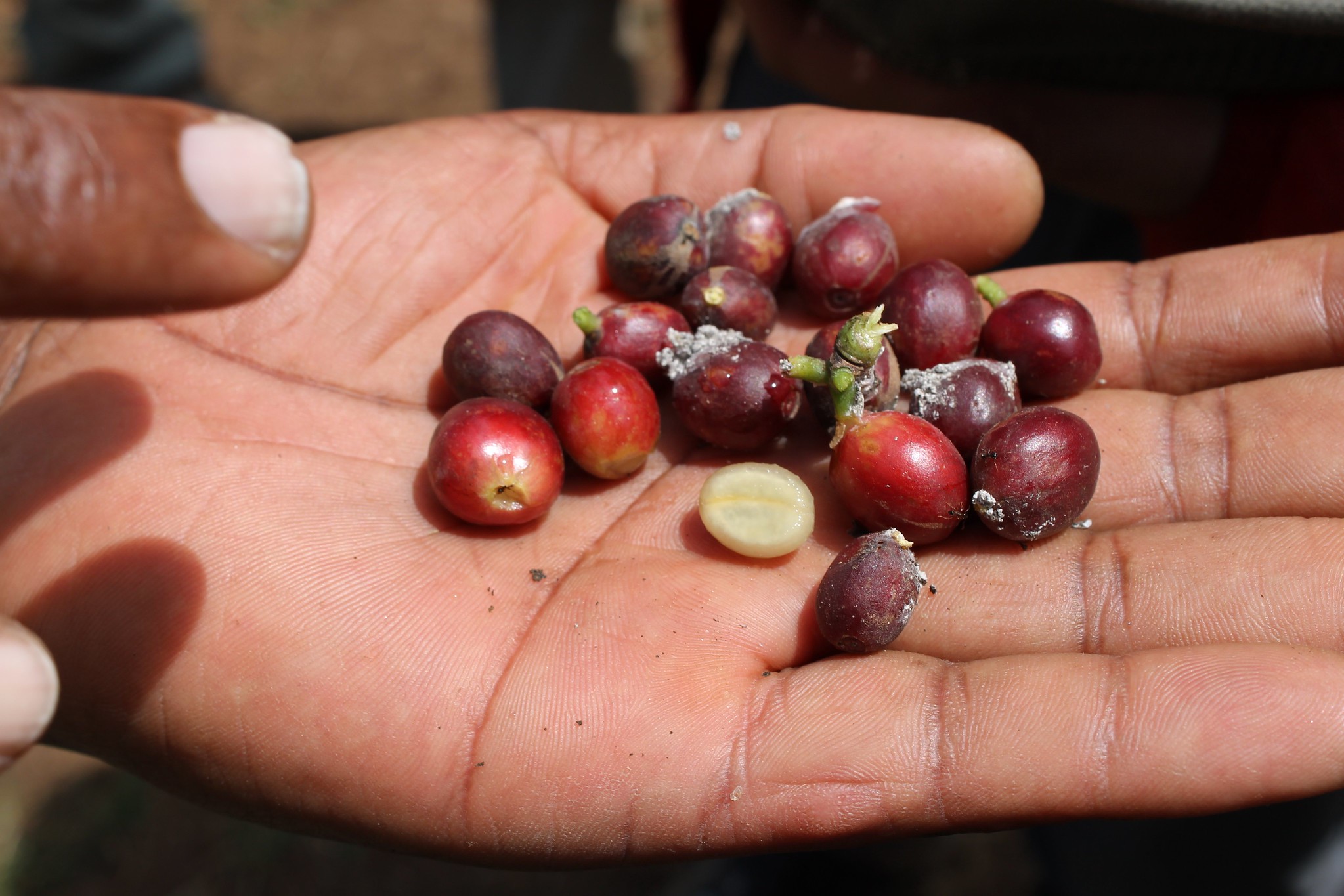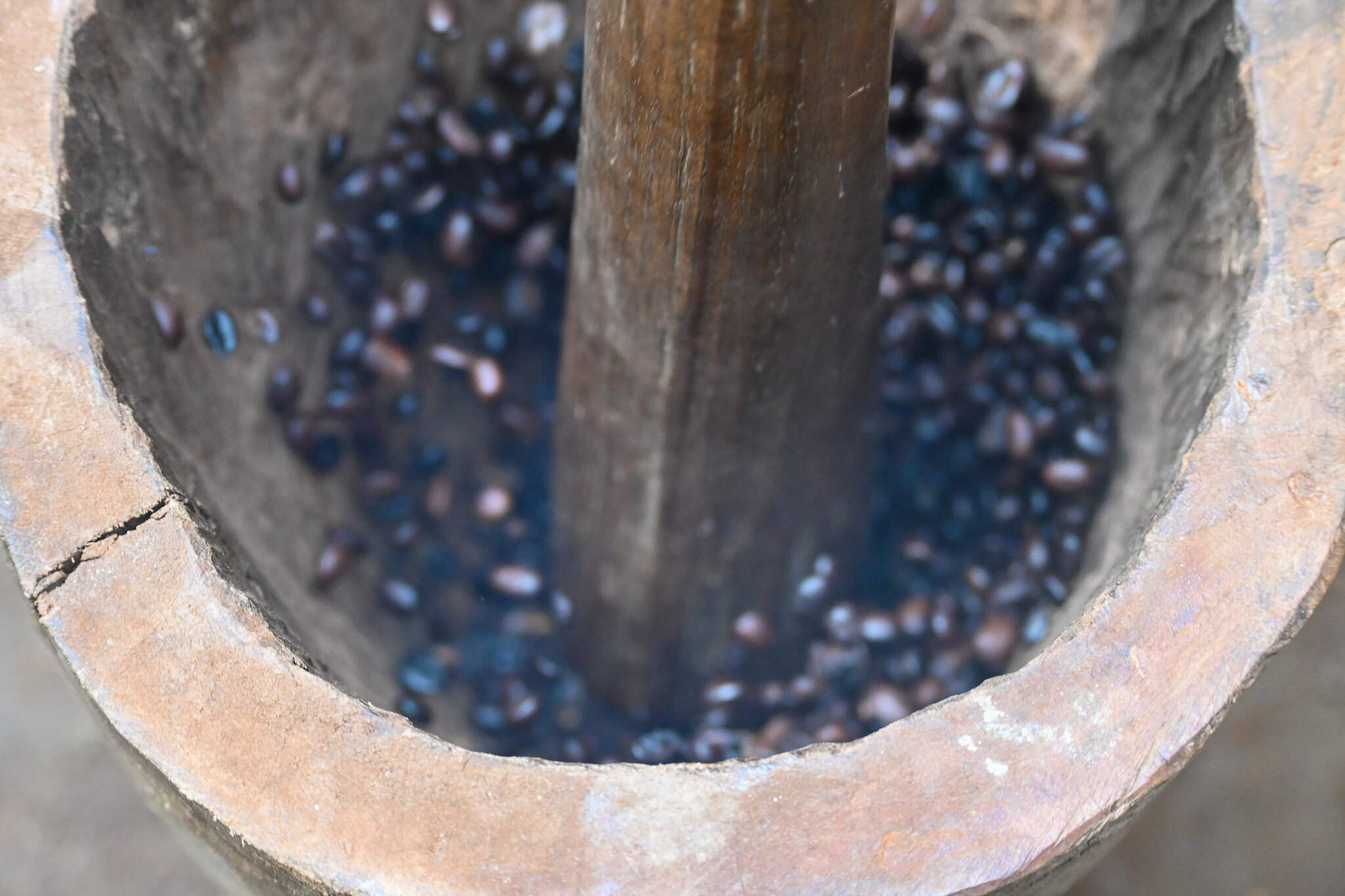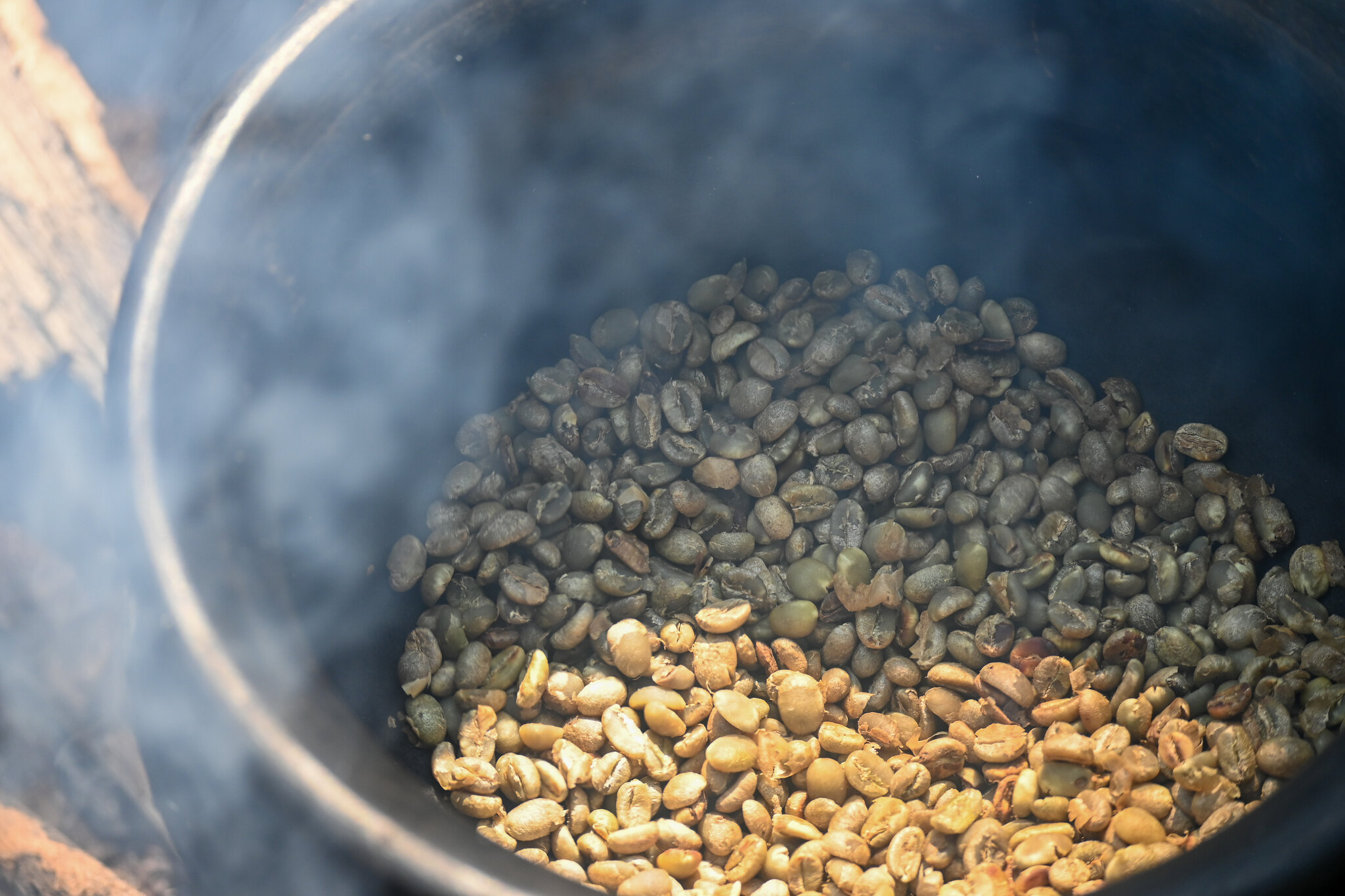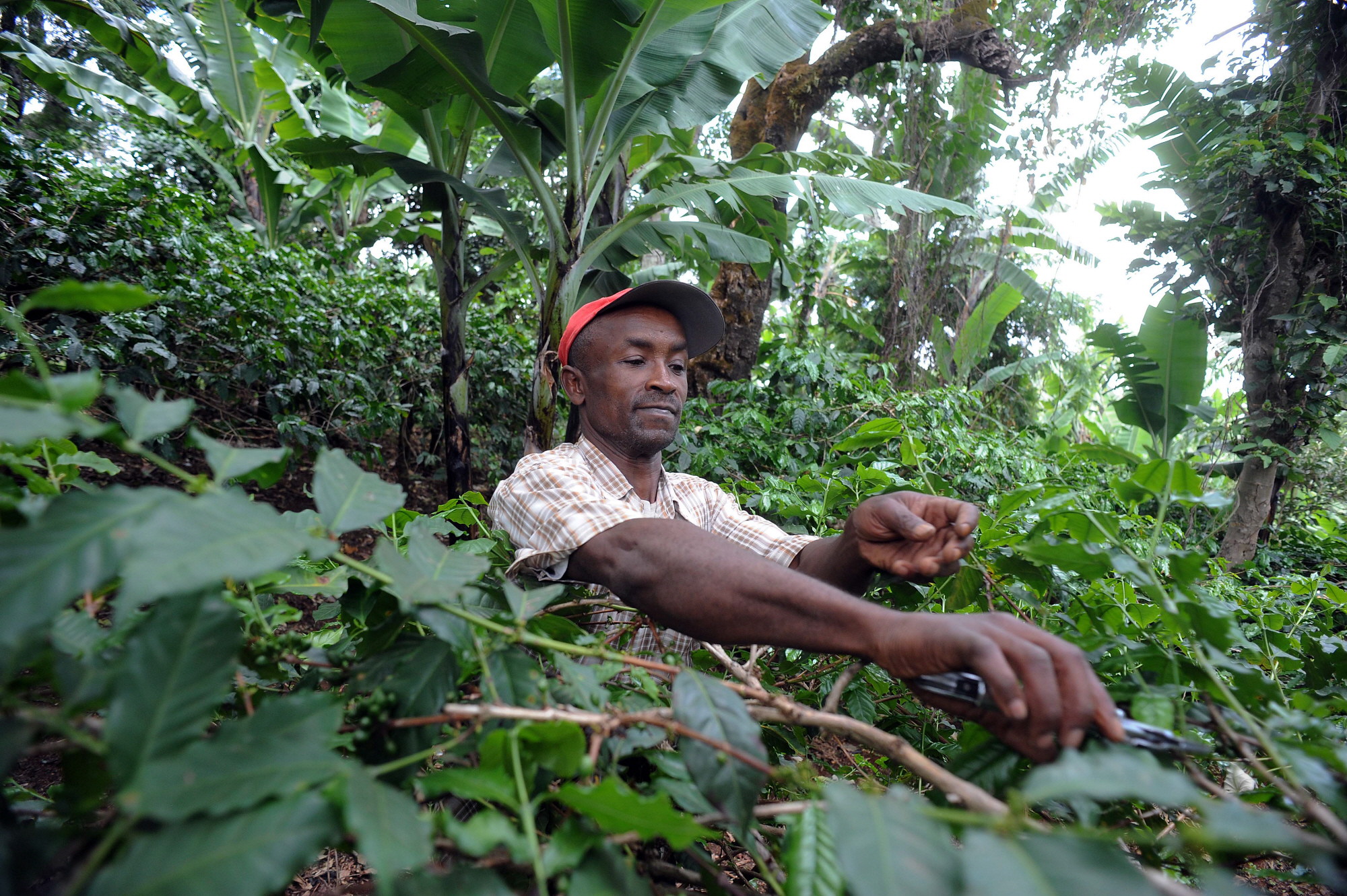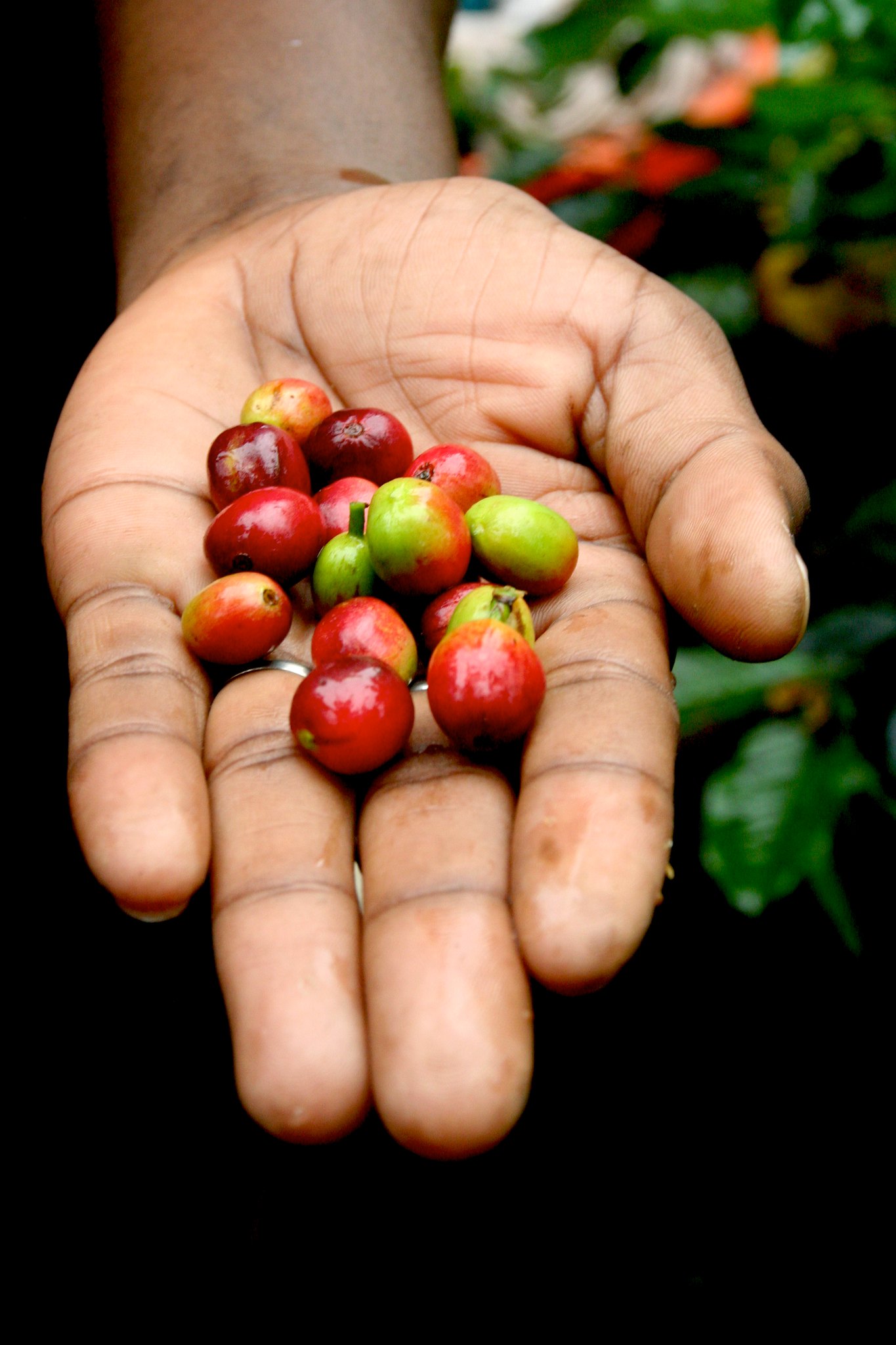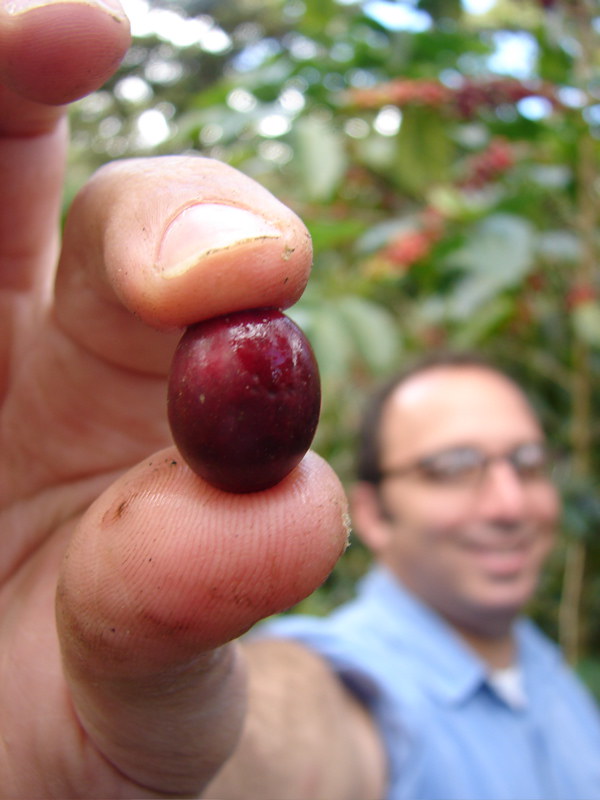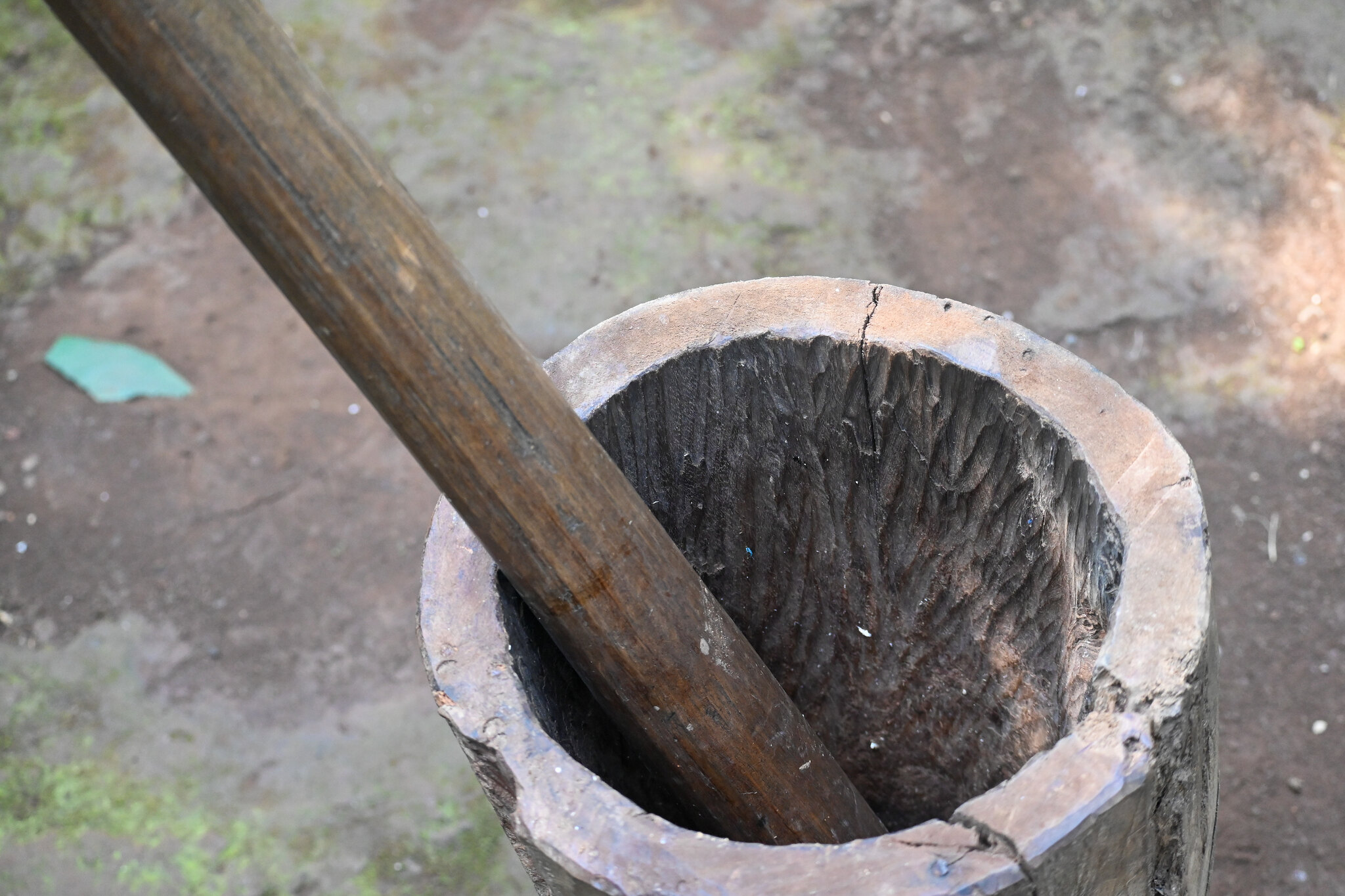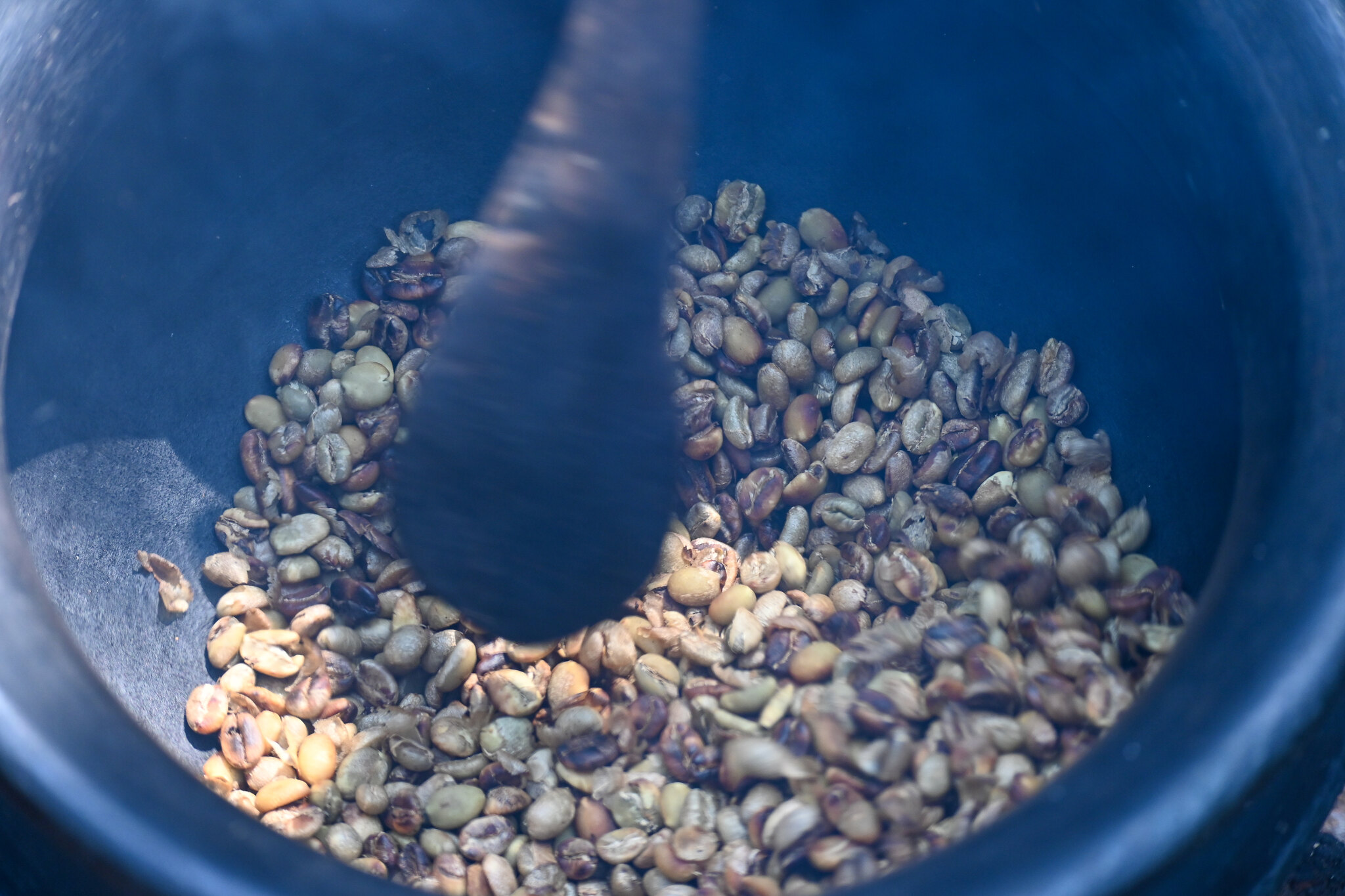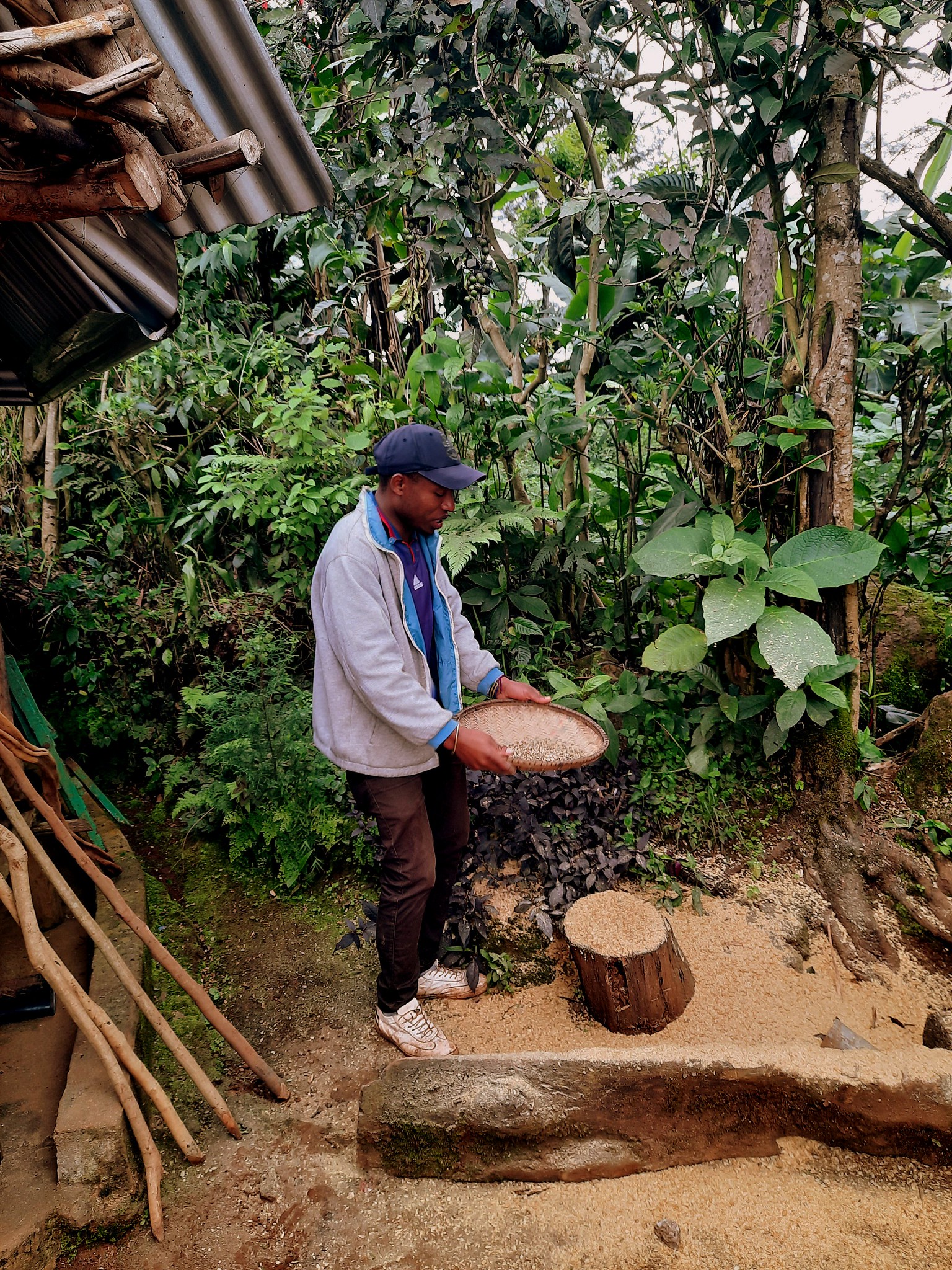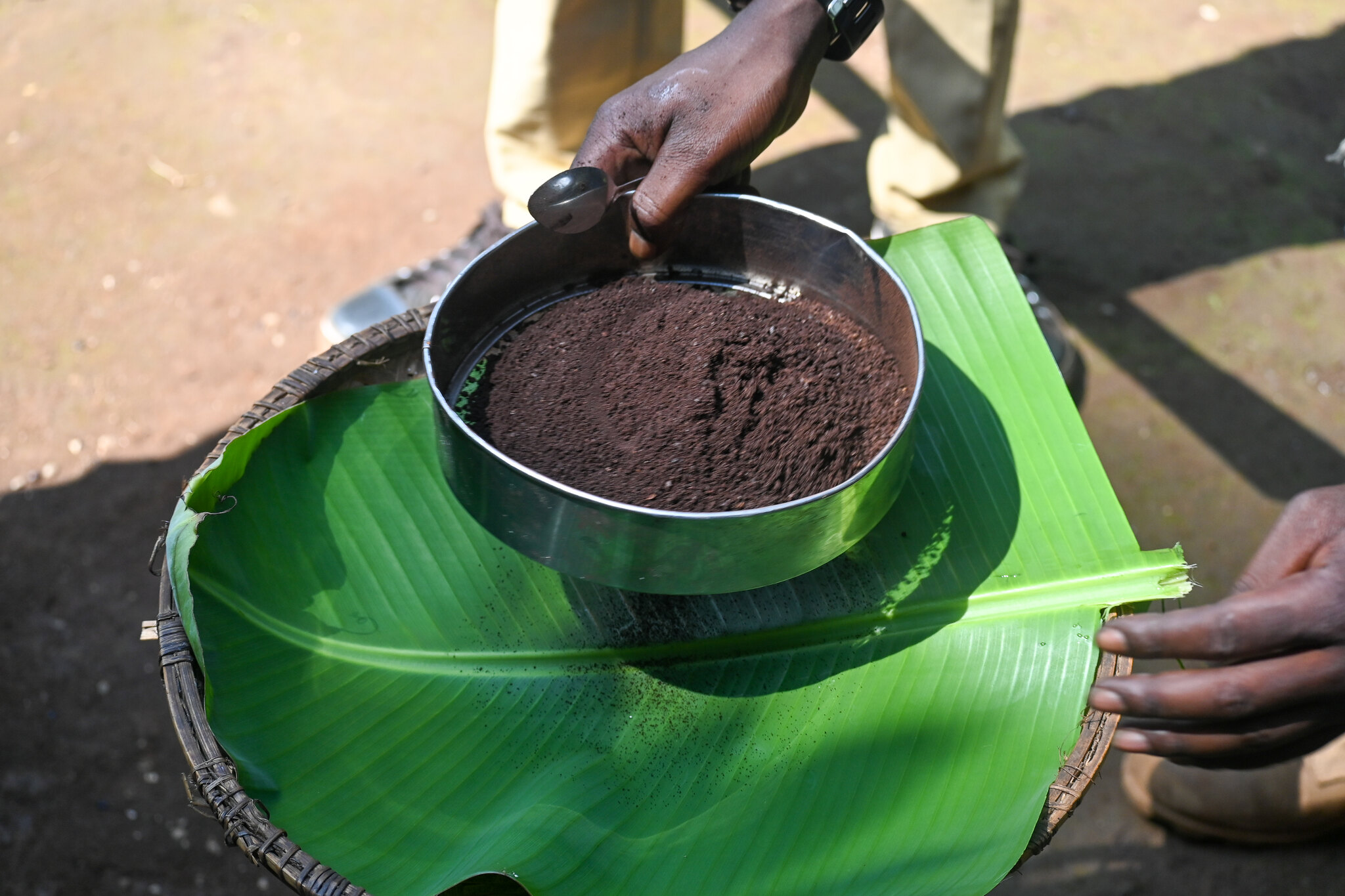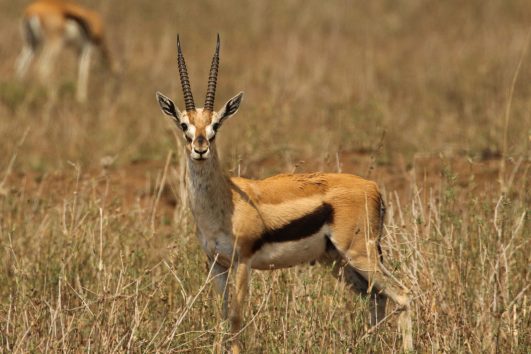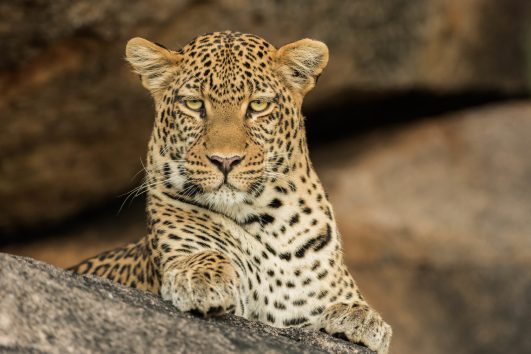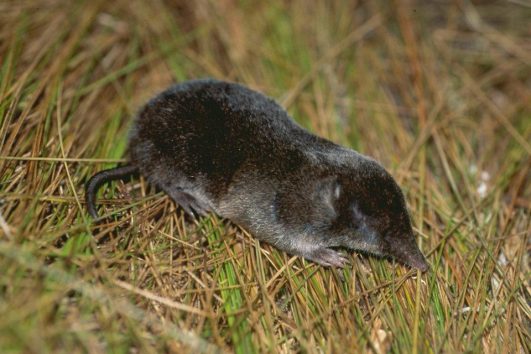Coffee Arabica (or Coffea arabica) is one of the two primary species of coffee plants grown around the Kilimanjaro region and the entire Tanzania, the other being Coffea canephora (commonly known as Robusta).
Tanzanian coffee is regarded as one of the best premium types in the world and is mostly produced in the Kilimanjaro region. Because of its high altitude, the coffee is highly prized and considered to be among the best in the world. The peaberry coffee variety, which is exclusively connected to Tanzania, is another well-known aspect of Tanzanian coffee. After tobacco, coffee is Tanzania’s second-highest valuable agricultural export. To ensure the rapid growth of the local coffee industry while upholding worldwide standards of quality control, organizations such as the Tanzanian Coffee Board were established.
If you want to visit local coffee farms around Kilimanjaro, click here for coffee and cultural day trips
Coffee, known for its robust body, rich flavours, and lively, wine-like acidity. Renowned brands like Moshi, Arusha, and Kilimanjaro are all high-altitude varieties, which are highly prized globally. These place Tanzanian coffee among the elite, alongside the likes of Kenya, Ethiopia, Guatemala, Costa Rica, and the Indonesian islands of Sulawesi and Sumatra, not to mention Jamaica.
Peaberry Coffee: Tanzania’s Specialty
Tanzania’s reputation in the coffee world is particularly linked to its peaberry coffee, a unique bean type that has become synonymous with the country’s coffee culture.
Economic Impact of Coffee in Tanzania
Coffee stands as the second most valuable agricultural export after tobacco, underscoring its economic importance. The Tanzanian Coffee Board plays a pivotal role in ensuring that the industry not only grows but adheres to international quality benchmarks.
Altitude and Coffee Quality
- High Grown (HG) or Hard Bean (HB): Coffee cultivated between 900 to 1,200 meters.
- Standard or Central Standard: Coffee from altitudes of 500 to 900 meters.
Tanzania’s Rise in Specialty Coffee
Tanzania is emerging as a significant player in the speciality coffee market, which represents only 8-10% of the global Arabica production. Achieving this status involves meticulous work from the pickers to the roasters, earning the country accolades from the Specialty Coffee Association.
see the best coffee shops in the Moshi and Kilimanjaro region
Coffee Types and Varieties
Coffee is primarily divided into two species: Arabica (Coffea arabica) and Robusta (Coffea canephora), with numerous varieties and cultivars within each. Arabica, which includes famous varieties like Bourbon and Typica, dominates Tanzanian production at 70%, with Robusta making up the rest.
Global Coffee Production
The map illustrates the coffee production landscape:
- Dark green for countries specializing in Robusta,
- Yellow for Arabica,
- Regular green for those producing both, like Tanzania in East Africa.
What is the coffee grown around the Kilimanjaro region?
In Moshi, at the foot of Mount Kilimanjaro, there’s a bustling weekly coffee auction that’s more than just a marketplace; it’s a cornerstone of the local coffee economy. Here’s how it works:
The Moshi Coffee Auction
- Mandatory Sales: By law, small coffee farms must sell their beans through this auction. This ensures a level playing field for smaller producers and helps regulate the market.
- Exemption for Quality: However, there’s a twist. Farmers who produce top-grade coffee are exempt from this requirement. This exemption allows them to bypass the auction and sell directly to roasters, often securing higher prices. This incentive drives farmers to elevate their cultivation practices, aiming for the highest quality beans.
Quality and Reputation
- Kilimanjaro Coffee: Coffee grown on the slopes of Africa’s highest mountain is renowned for its exceptional quality. The unique microclimate and rich volcanic soil contribute to beans that are both flavorful and aromatic, often described as having a bright acidity with hints of fruit and floral notes.
- Expert Endorsement: Both coffee experts and private buyers consistently rate Kilimanjaro coffee among the continent’s finest. This reputation isn’t just about taste; it’s about the meticulous care taken in cultivation and processing, which often involves hand-picking cherries to ensure only the best beans are selected.
Economic and Social Impact
- Economic Incentive: The exemption for high-quality coffee acts as an economic incentive for farmers to improve their practices. Better quality means better prices, which in turn means better livelihoods.
- Community Improvement: The success of Kilimanjaro coffee has broader implications. Higher profits can lead to improved community infrastructure, education, and healthcare, making coffee cultivation not just a livelihood but a pathway to community development.
Sustainability and Future
- Sustainable Practices: The drive for quality also pushes towards sustainable farming practices. Farmers are more likely to adopt methods that preserve the land’s fertility and biodiversity, ensuring that future generations can continue to produce high-quality coffee.
- Global Market: Kilimanjaro Coffee’s reputation in the global market encourages fair trade and direct trade relationships, further benefiting the farmers by ensuring they receive a fair share of the profits.
The Moshi coffee auction, with its unique rules, plays a pivotal role in the quality and economic dynamics of coffee from Kilimanjaro, making it not just a market but a catalyst for excellence in coffee cultivation.
Origin and Cultivation
- Origin: Arabica coffee originally comes from the southwestern highlands of Ethiopia. It was first discovered by the Oromo people, who were among the earliest to recognize its energizing effects.
- Cultivation: Arabica thrives in higher altitudes, typically between 600 to 2,000 meters above sea level. It prefers climates with temperatures between 15-24°C (59-75°F), with a well-defined rainy season followed by a dry period for harvesting.
Characteristics
- Flavour Profile: Arabica beans are generally considered superior in taste to Robusta. They offer a sweeter, softer taste with tones of sugar, fruit, and berries. The acidity can range from winey to bright, and it often has a more complex flavour profile compared to Robusta.
- Caffeine Content: Arabica contains about 40-50% less caffeine than Robusta, which is one reason it’s often preferred for its milder taste.
Varieties
- Typica and Bourbon: These are the two main ancestral varieties from which many modern cultivars derive. Typica is known for its delicate flavour, while Bourbon tends to be more robust and sweeter.
- Modern Cultivars: There are numerous cultivars like Caturra, Catuai, Mundo Novo, and many others, each with unique characteristics suited to different environments or flavour profiles.
Production
- Harvesting: Arabica cherries are often hand-picked to ensure only ripe cherries are selected, which is labour-intensive but crucial for quality.
- Processing: There are two main methods:
- Wet Process (Washed): The fruit is removed from the beans before they are dried. This method often results in cleaner, brighter flavours.
- Dry Process (Natural): The whole cherry is dried with the fruit still attached, which can impart fruity or winey flavours to the beans.
Economic and Cultural Impact
- Global Market: Arabica makes up about 60-70% of the world’s coffee production. Countries like Brazil, Colombia, Ethiopia, and Guatemala are major producers.
- Cultural Significance: Coffee has deep cultural roots in many countries, particularly in the Middle East and Latin America, where it’s not just a beverage but a social ritual.
Challenges
- Susceptibility: Arabica plants are more susceptible to pests and diseases like coffee leaf rust, which can devastate crops. Climate change poses a significant threat as well, with changing weather patterns affecting traditional growing regions.
Sustainability
- Efforts are ongoing to make Arabica cultivation more sustainable, focusing on organic farming, shade-grown coffee (which helps biodiversity), and fair trade practices to ensure farmers receive fair wages.
Arabica coffee’s nuanced flavours and intricate cultivation process make it a favourite among coffee connoisseurs worldwide, despite its challenges in production.
Kilimanjaro Native Cooperative Union (KNCU).
- Foundation: Established in 1930 by Charles Dundas, the British District Commissioner of Moshi, KNCU was born out of a vision to support the Chaga people, who were already adept at coffee cultivation. Dundas was well-regarded by the locals, which helped in the cooperative’s early success.
- Membership: Today, KNCU unites around 70,000 farmers. These are not just any farmers; they’re the backbone of coffee production on Kilimanjaro’s fertile slopes.
- Buying and Selling: The union buys coffee beans directly from its members, ensuring that the farmers get a fair price. This direct relationship cuts out middlemen, allowing for better profit margins for the growers.
- Farmer-Driven: The cooperative is run by the farmers themselves. This self-governance model ensures that the interests of the small producers are always at the forefront. It’s about more than just selling coffee; it’s about advocating for the rights and economic well-being of its members.
- Economic Freedom: By selling at higher prices and cutting out unnecessary intermediaries, KNCU provides economic stability to its members. This stability translates into better living conditions, education, and healthcare for the farming communities.
- Social Impact: The union’s activities foster a sense of community and cooperation among the farmers, reinforcing social bonds and cultural practices associated with coffee growing.
- Fair Trade: KNCU is often involved in fair trade practices, which not only benefits the farmers but also appeals to global consumers looking for ethically sourced coffee.
- Environmental Stewardship: Being located in such a unique ecosystem, there’s an inherent push towards sustainable farming practices, ensuring that
Why is Tanzanian coffee so good?
Africa is home to the largest number of coffee tree varieties, making it a valuable supplier of high-quality beans. The right approach to agriculture, including natural cultivation without chemical fertilizers, has contributed to the reputation of African coffee. It is appreciated by professionals and beverage enthusiasts and is favoured by manual harvesting. Ethiopia, Kenya, Uganda, and Tanzania are the leaders in coffee production, with Ethiopia being the historical birthplace of Arabica and Kenyan coffee known for its bright acidity. Uganda is a leader in the cultivation and supply of Robusta, a coffee tree variety. Tanzania supplies both Arabica and Robusta and has established itself well in the speciality coffee category.
African coffee has a fruity taste and lively acidity, with good balance, pleasant sweetness, and often a wine-like acidity. Ethiopian and Kenyan coffees are considered the best in the world. Popular Ethiopian varieties include Yirgacheffe, Sidamo, Harrar, and Kenya AA. Kenya AA is berry-citrusy and aromatic, with a soft aftertaste.
African coffees hold significant esteem among consumers worldwide, particularly in premium coffee batches. This acclaim is due to the historical roots of coffee, which originated in Africa and has spread to every country worldwide.
- High Altitude Growth: Tanzanian coffee, particularly Arabica, thrives at high altitudes, which contributes to its superior quality.
- Flavour Profile: Known for its deep, vibrant flavours, Tanzanian coffee often exhibits berry and fruit notes. The acidity is gentle, reminiscent of wine, enhancing rather than overpowering the taste and aroma.
- Roasting Preferences: A medium roast brings out the full spectrum of flavours in Tanzanian coffee. For those who prefer a richer, more chocolatey taste, roasting to medium-dark or dark levels is recommended.
- Soil and Climate: Tanzania’s rich soil and ideal climate conditions are perfect for coffee cultivation, leading to a booming coffee industry.
- Popular Varieties: The most sought-after varieties include Bourbon and Kent, with Typica, Blue Mountain, N39, and Nyasa also having their dedicated followers.
- Global Market: Premium Tanzanian beans are cherished by coffee enthusiasts in countries like Japan, the US, Germany, Russia, Italy, Australia, and Morocco.
- Peaberry Coffee: Tanzanian peaberry, along with other local varieties, holds a special place in the hearts of coffee lovers for its unique, concentrated flavour.
- Global Rank: Tanzania typically ranks around 15th among the top coffee-producing countries globally, which is impressive considering the high percentage of premium coffee it exports.
- African Context: Within Africa, Tanzania is consistently among the top five coffee producers, showcasing the continent’s growing influence in the coffee world.
- African Coffee: Often praised for their unique flavour profiles, African coffees like those from Tanzania, Kenya, and Ethiopia are known for their bright acidity, and complex flavours, and often have distinct fruitiness or floral notes.
- South American Coffee: Countries like Brazil, Colombia, and Peru are known for their smooth, balanced flavours with chocolate and nutty undertones. Their large-scale production also makes them major players in the global market.
- Asian Coffee: Asian countries like Vietnam (known for Robusta) and Indonesia (for their unique processing methods like wet-hulling) offer robust, earthy flavours, often with lower acidity but the higher body.
Where to buy Tanzanian Coffee Beans
Having delved into the world of Tanzanian coffee, you might now be keen to taste a brew made from beans grown in Tanzania’s vast, sunlit fields. Thankfully, this is quite straightforward. Tanzanian coffee is well-loved globally, and you can procure these beans from various international suppliers, either through online platforms or at speciality coffee retailers near you. However, we advise against buying from typical supermarket chains. The coffee found there often sits on shelves for extended periods due to the lengthy and intricate logistics of storage and transport.
You can walk into any supermarket in Tanzania and buy some nice processed coffee, but if you want natural coffee, the one seller that we would recommend for fresh coffee and coffee beans is Kilimanjaro Coffee Union and Toku Tanzania. Positioned at the foot of Kilimanjaro, we’ve spent years crafting adventures that include climbing Africa’s tallest peak, exploring Tanzania’s top wildlife parks, and visiting sites rich in cultural history. Our love for Tanzania is profound, and we interact with locals daily. While we relish the local coffee, our expertise primarily lies elsewhere. This piece is dedicated to offering an authentic glimpse into how coffee is cultivated in Tanzania.
Exploring Coffee Plantations in Tanzania
We provide various tours to explore the coffee culture of Tanzania, designed to fit your time constraints. For those with a day to spare and an interest in the Chaga people’s heritage around Kilimanjaro, consider our in-depth Materuni Waterfall and Coffee Farm Tour.
For a professional look into Tanzanian coffee production, we recommend a trip to Kilimanjaro Plantation, the largest of its kind on the mountain. Here, you’ll experience the full spectrum of coffee cultivation, from the growth of the coffee plants to the final tasting. You’ll get to see the coffee trees, and learn about the washing, drying, roasting, and packaging processes.
Learn more about Kilimanjaro coffee tours here
A Day Trip to Local Coffee Farmers
Materuni, a village on the slopes of Mount Kilimanjaro, not only boasts a stunning waterfall but also offers a glimpse into authentic local life. If the idea of a waterfall cascading through a tropical forest excites you, along with a dive into genuine local culture, this tour is perfect.
The Materuni excursion is split into two parts: a trek to the waterfall and a visit to a coffee plantation where you can sample freshly made coffee. This experience is more about cultural immersion than professional coffee production; here, the beans might be over-roasted, and the cultivation is done with traditional methods rather than commercial expertise.
Your morning will start with a walk through the village, offering insights into the daily lives of local farmers, with the chance to spot chameleons lounging on roadside bushes. A knowledgeable guide will share stories of the Chaga traditions. After your hike to the waterfall, you’ll return to the village for a hearty meal. Then, the coffee-making spectacle begins.
You’ll watch as yesterday’s coffee cherries are processed right before you, with beans ground in a wooden mortar to the beat of local tunes. They’ll be roasted over an open fire under the vast African sky, and you’re welcome to join in at any step. Finally, the aromatic brew will be served in a picturesque gazebo on the mountain’s slope, where you’ll enjoy the fruits of your labour—freshly brewed Kilimanjaro coffee, from bean to cup in just half an hour.
The Flavor of Tanzania Peaberry Coffee
A coffee fruit, often called a coffee cherry, usually has two seeds. A genetic abnormality causes only one seed to grow inside the fruit in about 1–9% of cases. Peaberry refers to coffee cherries with a single seed. A single seed enlarges because it has more room inside the berry. It hasn’t been compressed like a typical pair of seeds. Such a bean has a flavour that is superior to ordinary coffee beans. Peaberry is therefore highly prized and sold for a premium price.
Tanzanian peaberry coffee tastes best when it is roasted to a medium depth. As the scent intensifies, notrus, pineapple, and occasionally coconut arnotes e detected. Wine tones are released with nice acidity, but the flavour is still delicate. The floral scent gives the tongue a silky feeling.
Tanzania peaberry, along with the Kilimanjaro type, is regarded as the best Tanzania has to offer coffee lovers. Its exceptional flavour justifies charging a premium for Tanzanian peaberry coffee.
When you sip Tanzania peaberry coffee, you’re tasting a unique blend of flavours from some of Tanzania’s finest plantations. This coffee bean is exceptional because it develops as a solitary seed within the coffee cherry, unlike the usual pair. This solitary growth allows the seed to absorb all the nutrients, resulting in a bean that encapsulates the essence of the volcanic Tanzanian terroir, with flavours and aromas magnified.
This Arabica variety, known for its higher caffeine levels, delivers a rich taste experience. Its delicate aroma and lingering aftertaste make Tanzania peaberry a favourite among coffee aficionados globally, who are willing to pay a premium for beans from Kilimanjaro or Ngila. On the market, it often commands higher prices than other Tanzanian coffees due to its rarity and quality.
The taste of Tanzania peaberry coffee is characterized by a vibrant fruit-chocolate profile, reminiscent of blackcurrant with a touch of chocolate, culminating in a sweet finish. Its inherent gentle acidity, common to Tanzanian coffees, enhances this sweetness. Given its limited production, finding this coffee can be a quest in itself.
Is it ok to drink coffee while climbing Mount Kilimanjaro, and what are the effects?
Additional information
| Habitat | Cultivation Zone |
|---|

